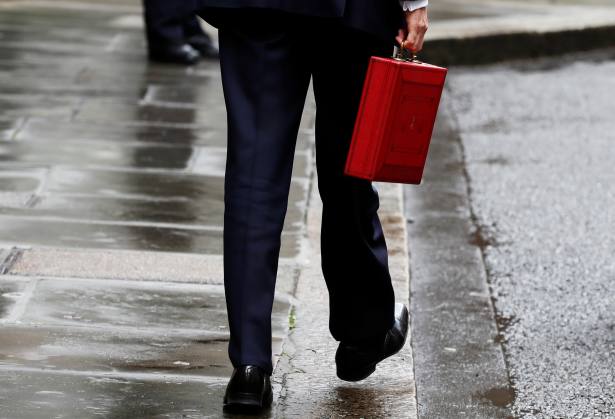“After years of being portrayed as the villains of the property market, they’ve escaped further unwanted attention from a Chancellor who has instead chosen to focus on the housing market’s fundamentals rather than seeking scapegoats.”
James Horniman, portfolio manager at James Hambro & Partners, says while the Budget was relatively quiet on buy-to-let, there could be some side-effects to Budget pledges, which buy-to-let investors would do well to heed.
He suggests: "The commitment to building 300,000 homes a year by the 2020s could make a substantial difference to stemming rising property prices.
"Coupled with rising interest rates, it may be enough to prick the property bubble in areas like the south east, which in turn might encourage buy-to-let owners to sell up, releasing more homes on to the market.
"Certainly, now is the time to ask whether bricks and mortar are quite as secure as you thought."
Mr Hammond announced the launch of a consultation on barriers to longer tenancies in the private rented sector, in a bid to provide more security for renters, which might indicate more pressure on buy-to-let in the future.
Sting in the tail for empty properties
In the Budget, Mr Hammond also stated it was unacceptable to see so many properties lie empty, when there is a housing shortage.
In his speech to the House, he said: “I want to address the issue of empty properties.
"It can't be right to leave property empty when so many are desperate for a place to live. So we will give local authorities the power to charge a 100 per cent council tax premium on empty properties."
The current rules already allow councils the discretion to increase the council tax by 50 per cent where properties have been empty for over two years, and this new power doubles that potential increase.
On the face of this, it could pose problems for buy-to-let investors who are in the middle of renovating a property or seeking planning permission for the property from the council.
Branding this move a “triumph of symbolism over substance”, Mr Walford-Fitzgerald says: “There is a grey area buy-to-let investors can use: the law indicates that a property is not subject to the premium if it is 'substantially unfurnished'.
"Where a property is furnished it is treated as a second home, even if no-one ever lives there. Whether this rule and the grace period allowed are changed as this new legislation passes through parliament is to be seen."
Moreover, the people at whom Mr Hammond is really targeting with this move – those overseas property owners who buy high-end properties and leave them dormant for a few years while the price appreciates – might not care.








